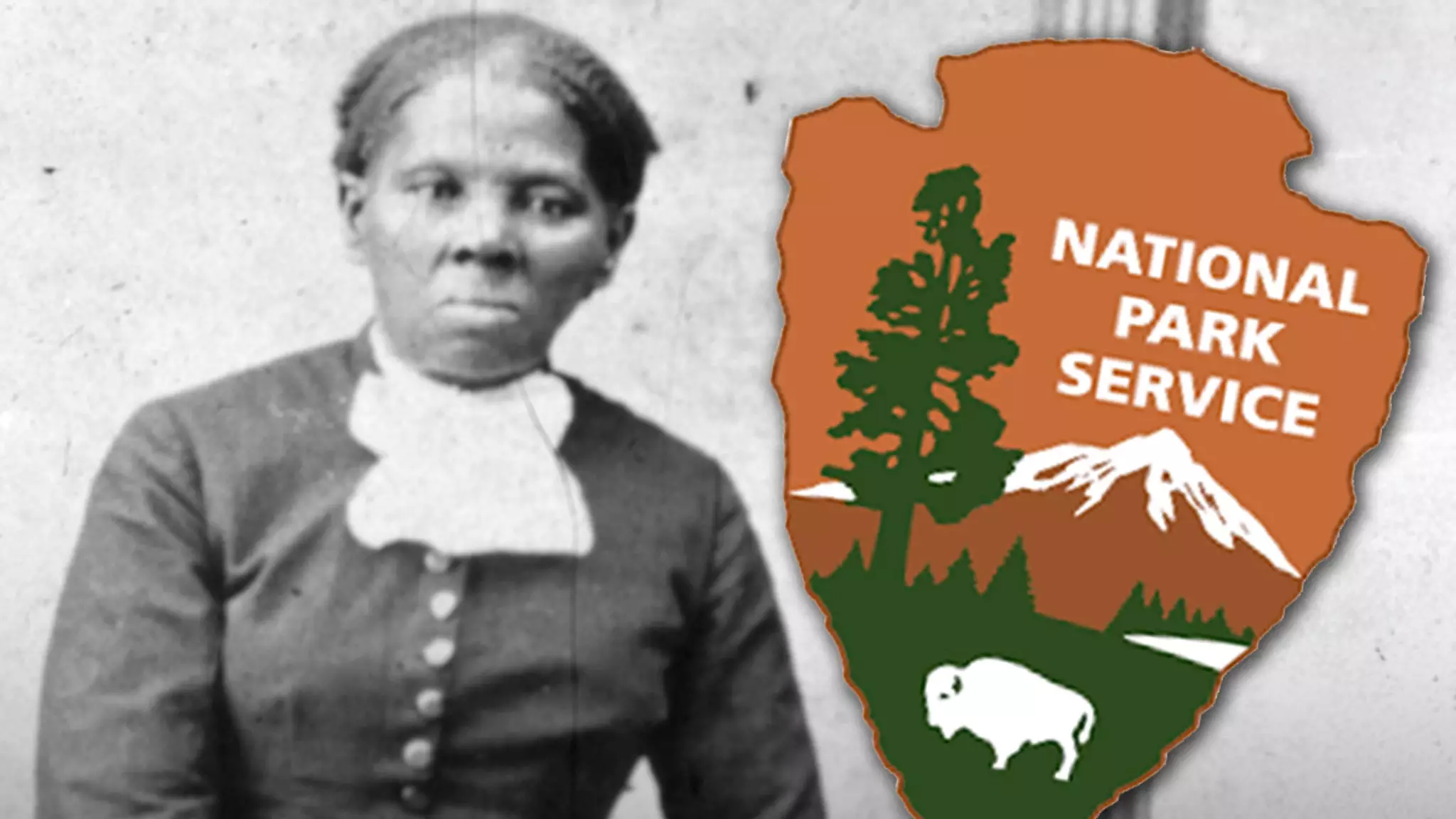The recent actions of the National Park Service (NPS) regarding Harriet Tubman’s legacy reveal a troubling trend in the ongoing struggle for historical representation. When Tubman’s photograph and inspirational quote were quietly removed from the Underground Railroad web page, it sent shockwaves through her family and advocates for Black history. Rita Daniels, a descendant and founder of the Harriet Tubman Learning Center, expressed her dismay at what she perceives as an affront not just to Tubman’s legacy but to Black history as an integral part of American identity. This incident, juxtaposed with recent political agendas, highlights a grave concern: the minimization or outright erasure of Black narratives from the broader historical context.
Historical Context Matters
Harriet Tubman is not merely a figure of the past; she embodies the very essence of courage and resilience. Her contributions to the Underground Railroad and her efforts during the Civil War forged pathways to freedom for countless individuals. By removing references to her life, especially during a politically charged climate characterized by anti-diversity, equity, and inclusion (DEI) initiatives, it raises the question of the lengths some will go to distort or silence pivotal chapters of American history. Tubman’s family is right to ask why such representations are viewed with hostility. The erasure of Black history is not just a historical oversight; it reveals a persistent reluctance to confront uncomfortable truths about race and inequality in the United States.
A Call to Action for Allies
Rita Daniels boldly accused those perpetuating this erasure of trying to sideline crucial elements of what constitutes American history. She connects this issue with a broader social commentary on the current state of racism in America; events like the January 6th insurrection highlight how certain factions actively oppose the progress made by underrepresented communities. Nevertheless, she believes in the emergence of “new abolitionists,” individuals and groups who recognize the importance of standing against these injustices. This wave of allies is significant—it reflects a growing awareness that oppression is not only a Black issue to tackle but one that implicates all Americans who value justice and equality.
The Power of Representation
The eventual restoration of Tubman’s photo and historical references comes as a relief but also serves as a stark reminder of the volatility of representation in historical narratives. The decision to switch Tubman’s photograph for commemorative stamps may have seemed innocuous at the start, but it underscores a failure to appreciate the profound impact that representation holds. Symbols and images can influence public understanding and acknowledgment of historical figures, and thus, the narrative surrounding them must be treated with utmost respect and accuracy. The historical figures we honor can ignite inspiration and resilience; relegating them to footnotes not only diminishes their legacy but also deprives future generations of the empowerment that comes from understanding their histories fully.
In a society that often seeks to sanitize or rewrite history, the legacy of individuals like Harriet Tubman remains a beacon of hope and resilience. Her family’s fight for recognition is more than a personal grievance; it’s a passionate plea for justice that resonates far beyond their lineage. The struggle for a truthful representation of history continues, and with it, the call for accountability and transparency in how narratives are crafted and presented remains urgent.

